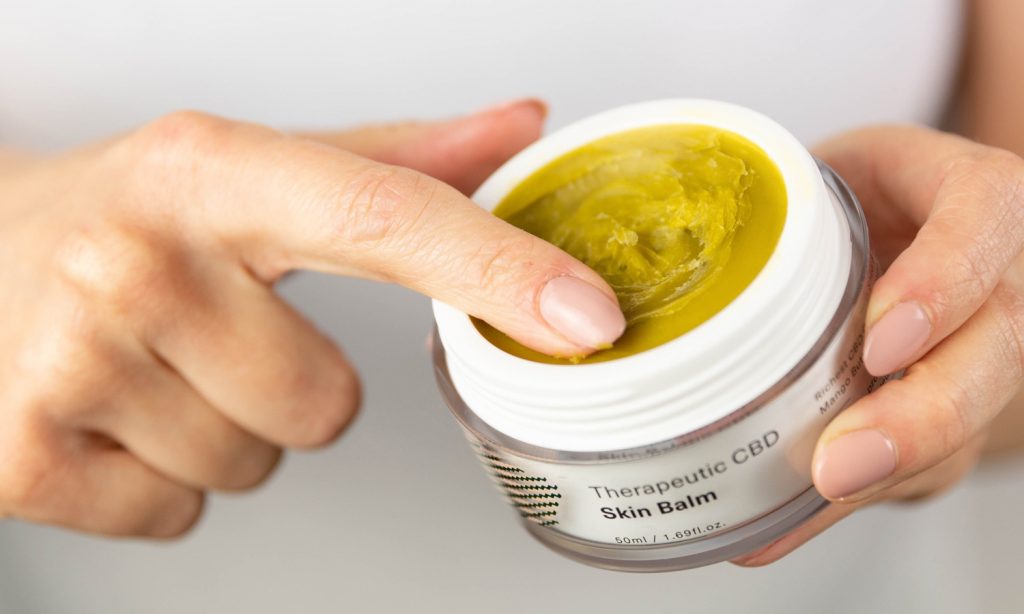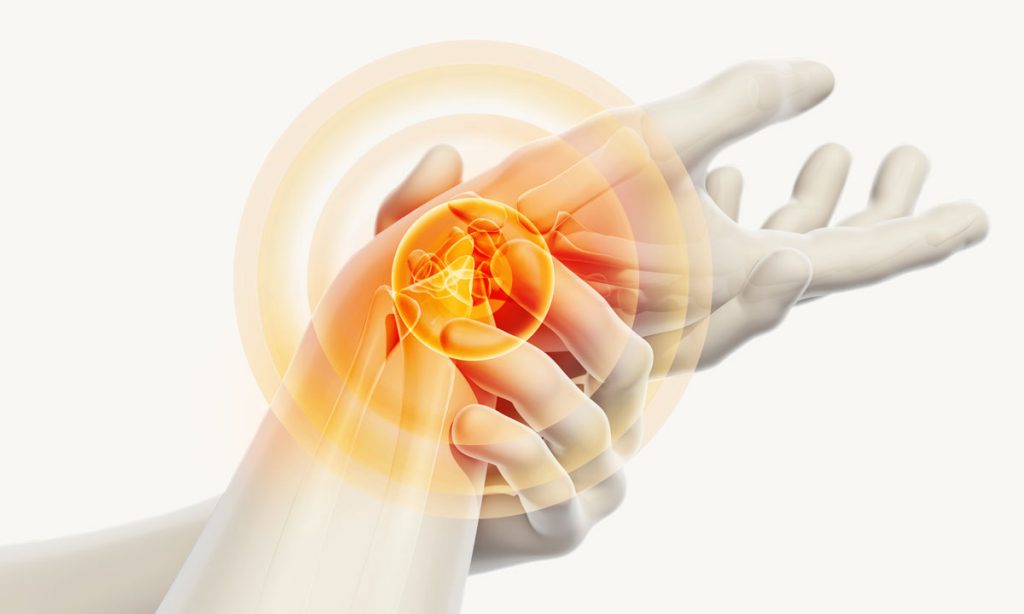2 cannabis stocks that could land a game-changing partner in 2020
Last year, nearly every cannabis company was racing to find a big-time partner. Cronos Group, for example, secured a $1.8 billion deal with tobacco giant Altria Group. Cronos stock ran more than 100% on the news, rising to a peak market cap of $20 billion. Canopy Growth, meanwhile, locked down a $4 billion capital infusion from Constellation Brands, causing shares to skyrocket.
While the initial rush for partners sent cannabis stocks into the stratosphere, the back half of 2019 has been much quieter. In fact, many pot ETFs are down 50% or more in value. While this has created pain for marijuana investors, it’s also created opportunity for new partners to enter the space at attractive price points. In 2020, I expect a number of pot stocks to secure game-changing partnerships that could resurrect their struggling share prices.
Whichever companies attract the best partners will likely lead the industry in gains. The best time to place your bets is today. Here are two undervalued pot stocks ripe for a transformational partner.
Play the platform
Canopy Growth and Cronos shared one big characteristic before securing valuable partners: an early lead. In the ever-evolving world of pot, Altria and Constellation chose to invest in companies that had a head start on production, marketing, and distribution. If you want to bet on what’s worked thus far, HEXO (TSX:HEXO)(NYSE:HEXO) is the way to go.
HEXO is attempting to build the first platform for the cannabis industry. It has a grow facility in Quebec capable of producing more than 100,000 kilograms of pot per year, a truly massive 580,000-square-foot processing and R&D centre in Ontario, and a 58,000-square-foot distribution facility in Montreal.
In a nutshell, HEXO wants to create a platform so that any company in the world can use its services to create, manufacture, and sell cannabis products quickly and efficiently. It’s this positioning that makes HEXO the ideal buyout candidate. Over the next 12 months, HEXO will be a plug-and-play partner for any company looking to enter the space in a meaningful way. It’s already demonstrated early success. In 2018, it partnered with Molson Coors Canada to help create cannabis-infused beverages.
While HEXO is well positioned to attract more one-off partners, it shouldn’t be ignored that it has essentially built a vertically integrated cannabis company that can integrate seamlessly with a large acquirer like Coca-Cola or Kraft Heinz. If a multi-billion-dollar company wants to make a splash, HEXO is the most obvious target.
The ground floor
If you want to take a bit more risk, Green Organic Dutchman Holdings (YSX:TGOD) is the way to go. Its market cap is 60% smaller than HEXO, and the upside is commensurately higher. Green Organic recently lost its key partner, Aurora Cannabis, and is primed for a new partner to swoop in. The company has two major facilities ramping production next quarter, and all that pot needs somewhere to go.
In reality, Green Organic isn’t as well positioned as HEXO. It doesn’t have the ancillary infrastructure in place and is positioned closer to a pure-play grower. While an outside company likely won’t be interested, there’s big potential for interest from inside the industry. Aurora didn’t need Green Organic’s cannabis output because its internally owned Whistler Medical was already supplying it with enough output. If any pot company experiences disruptions in its supply chain, Green Organic will be at the top of its list.





